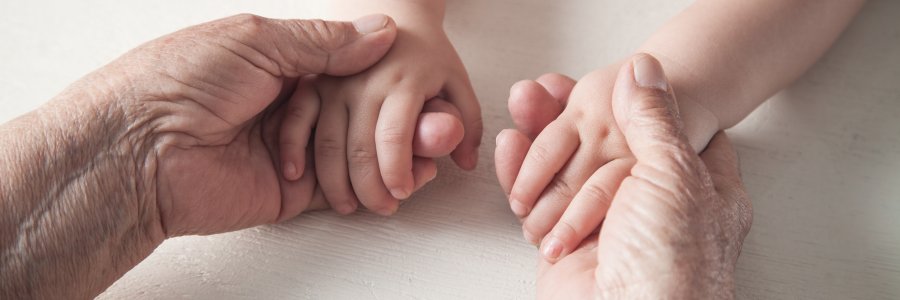The Georgia Court of Appeals affirmed an award of child custody to a maternal grandmother in its April 2022 decision in Hayle v. Ingram.(1) There, the Court held that the grandmother’s evidence of harm sufficiently supported the trial court’s award of permanent custody of a minor child to her from the child’s biological father. Grandmother’s evidence included her testimony about father’s verbal and physical abuse of the child’s mother, and police records which included statements from father’s girlfriends alleging physical assaults by father against them. The grandmother and an aunt (who was a social service worker with experience working with family violence victims) testified to their concerns regarding the physical and long-term emotional health of the child if placed with the father, in light of his history with family violence. Based on that evidence, the trial court found that the father was continuing a practice of family violence/domestic abuse that was prevalent with the mother and his girlfriends, and that his home therefore was not a safe environment for the child.(2) The Court of Appeals agreed that evidence of father’s lengthy ongoing pattern of domestic violence against his romantic partners, including at least one incident in the presence of the child and one incident occurring during the custody proceedings, sufficiently supported the trial court’s determination of clear and convincing evidence that the child would suffer physical or significant long-term emotional harm if custody were awarded to the father.(3) In response to father’s reliance on trial testimony from him and from his allegedly-abused girlfriends denying that he had committed any acts of domestic violence, the Court of Appeals concluded that it was for the trial court, not the appellate Court, to resolve conflicts in the evidence and to determine witness credibility.(4)
The Court of Appeals reversed an award of child custody to maternal grandparents in its November 2021 decision in Richello v. Wilkinson.(5) In that case, the lower court had awarded custody of three minor children to their maternal grandparents from the children’s father following the death of their mother during out-of-state divorce proceedings. The Court of Appeals, however, held that the grandparents failed to meet their burden of proof to show physical harm or significant, long-term emotional harm from father’s custody. The grandparents’ only evidence – testimony from themselves and an aunt of the children – claimed that the children’s mother had been a victim of domestic violence and that father had made little attempt to contact the children after mother had moved with them to Georgia. Their testimony also asserted the grandparents’ bond with the children and the benefits to the children of living with them. Neither the grandparents nor the aunt, however, testified about any physical or emotional harm to the children if custody was returned to the father; and the grandfather merely concluded that it would be devastating for the children to leave the network of love and support the children had with the grandparents. That evidence did not suffice, resulting in the reversal of the lower court’s custody award.(6)
The Court of Appeals reversed an award of custody to a maternal grandmother in its June 26, 2023 decision in Williams v. Phillips.(7) In a custody battle with a child’s legitimated father, the trial court found clear and convincing evidence that the child would suffer long-term emotional harm if custody were awarded to the father. In so finding, the trial court relied on evidence that the grandmother had been the child’s caretaker for most of his life, that the child and his siblings had lived with his grandmother for several years and formed a strong bond, that the child’s relationship with his unfit mother would be severed if father obtained custody and moved to another state, that father’s attempts to become more involved in the child’s life appeared sporadic and inconsistent, and that father was in substantial arrears for child support.(8) Reversing the trial court’s finding of harm, the Court of Appeals deemed crucial the lack of any evidence suggesting that the father was physically abusive or unfit to care for the child or that the father’s home, where father lived with his wife and stepdaughter, would be unsuitable for the child. The Court also pointed to the lack of a finding that father would be unable to care for the child, notwithstanding his arrears in child support. Ultimately, the Court of Appeals saw no evidence in the record suggesting that the child would experience ‘significant, long-term emotional harm’ - beyond the stress and discomfort associated with a change in home and school - as is required to justify infringing on the father's fiercely guarded right to custody of his child.”(9)
(1) Hayle v. Ingram, 363 Ga.App. 657, 872 S.E.2d 310 (2022). (2) Id., 363 Ga.App. at 659-660. (3) Id., 363 Ga.App. at 662. (4) Id., 363 Ga.App. at 663. (5) Richello v. Wilkinson, 361 Ga.App. 703, 865 S.E.2d 571 (2021). (6) Id., 361 Ga.App. at 715-716. (7) Williams v. Phillips, No. A23A0302 (Ga. Ct. App., June 26, 2023). (8) Id., at 5-6. (9) Id., at 7-8.
